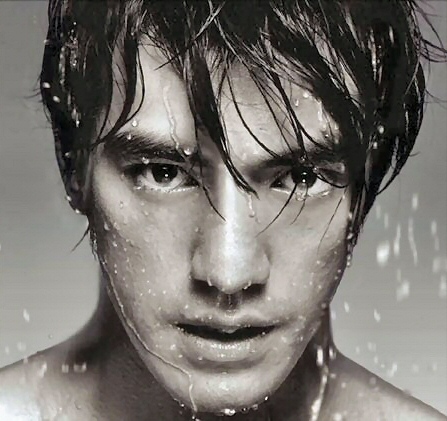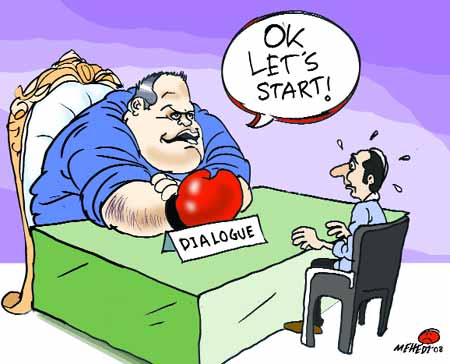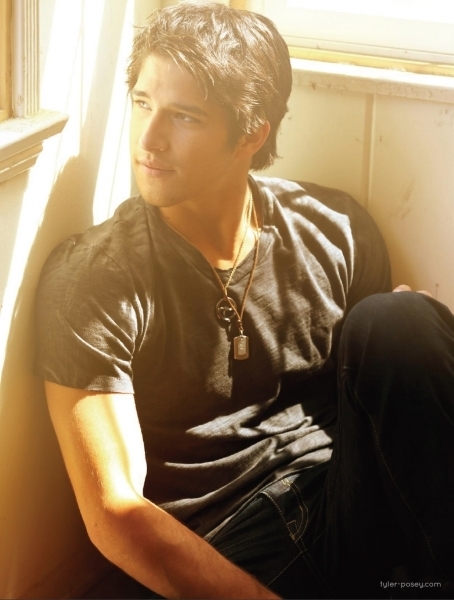
One of the danger zones when fleshing out characters is the overuse of cliches and cliche-like dialogue. The heroes talking like heroes, the damsel in distress talking like damsels in distress, and the villains talking like, well, the villains. *laughs* This creates a one-layered depth to the character - something that would either:
a) incite some eye-rolling from the reader
b) make them stop reading completely because the characters seem so predictable or
c) wonder what the hell they're still doing reading something that feels like it's been overdone loads of times when they could be watching the new episode of True Blood instead.
-.-
All those aforementioned things = BAD
So how do you, as a writer, break those cliches so that your characters are multidimensional? Maybe insert a scene where the main antagonist shows a weakness that might make the reader sympathetic to their cause or to them in general? Or how about a quirk or a past indiscretion in the main character that isn't so heroic or even likable?
For example, instead of the hero jumping in to save the someone from a fire and then coming out unscathed with that heroic glow and ta-da! pose, they can stumble inside, maybe break a limb or two, go into a dialogue or monologue scene where their fears and anxieties would be displayed for all to see, and then stagger out after having saved whoever they were jumping in there to save. And holy cow, that was a long sentence. *laughs* Anyway, I digress. But you get the point, right?
Let me share the little snippet that got this train of thought rolling (and also made me snort out coffee that I was drinking at the time *glares at Lori for making me laugh while liquids were in my presence*):
"It is you who shall burn. Your God cannot save you once the Great Three have been awakened." William’s expression was triumphant, his sneer revealing long canines. "The time has come for a new order."
Don't laugh. Okay, I did, but yeah, don't laugh. *wiggles an accusing finger at all the laughing people* I already knew this was going to get some heat from my awesomesauce CPs just because of the very fact that I pictured a very sinister-looking, mustache-twirling cliche villain when I wrote this. Granted, this snippet was an excerpt from my first draft, but still. That character - SO not the sinister-looking, mustache-twirling cliche villain. At least not conceptually. But the way he came out on paper gave him that air of "one-layered dimension" and I can see how it would make someone blurt out "OMG, did he really just say THAT?". *crickets*

Moral of the story? Try to think out of the box. The villains don't have to all be completely evil and the heroes don't have to all be completely good. There's a battle between good and evil in all people (in my humble opinion) and that should show in all characters in some form or another. Which means, actions AND dialogue. I always try to read back dialogue out loud just to see how it sounds outside of my brain, but I do have my moments when the cliches sneak in there all stealthy and ninja-like. It's especially hard when you're trying to show that part of a character that marks them as either the protag or antag without going full out cliche.

How do you feel about dialogue cliches and have you ever caught yourself writing them?














